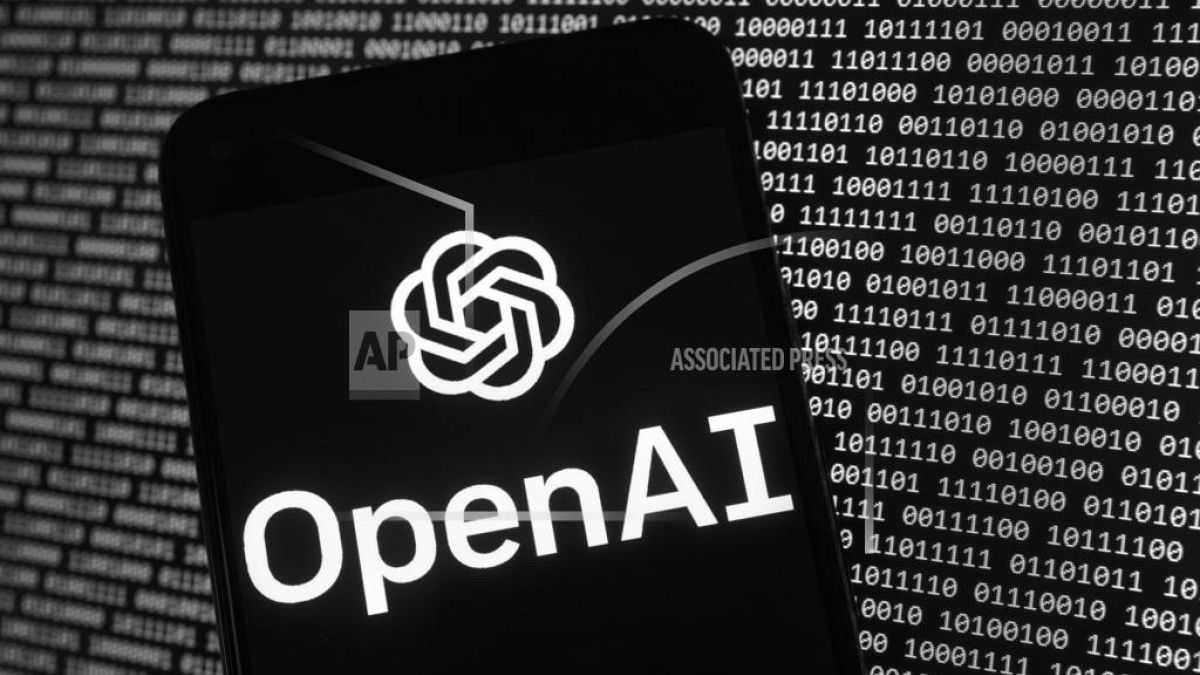The ChatGPT maker ran into controversy after one of its voices resembled the voice of actor Scarlett Johansson in the 2013 film “Her.”
ChatGPT maker OpenAI said on Tuesday that its Advanced Voice was available in Europe, following a delay in the launch that may have been due to regulatory rules on the continent.
OpenAI announced the Advanced Voice Mode in May, which allows users to interact with the large language model (LLM) with their voices, meaning you can talk to ChatGPT using your mobile phone, laptop, or PC’s microphone.
The voice mode was rolled out in the United Kingdom earlier this month but did not come to the European continent until now, which could be due to concerns about Europe’s General Data Protection Regulation (GDPR), which requires some products to be reviewed by the EU data commissioner before launch.
“Europe is a key region for us and we’re committed to working with European Institutions to offer our products here,” an OpenAI spokesperson told Euronews Next earlier this month.
OpenAI confirmed it was bringing the tool to Europe in response to a post on the social media platform X, which asked whether it would come to Europe.
“Well yes. All Plus users in the EU, Switzerland, Iceland, Norway, and Liechtenstein now have access to Advanced Voice,” OpenAI said in a post.
The Advanced Voice started rolling out to OpenAI Plus subscribers last night but is not yet available for those using the free account.
Advanced Voice hit the headlines when it was announced earlier this year as a voice called Sky resembled that of actor Scarlett Johansson in the 2013 film “Her”.
Legal representatives of Johansson sent OpenAI letters which claimed the company did not have the right to use the voice. OpenAI has since temporarily paused the voice of Sky.
Users can ask the AI to change accents, for example, to a southern accent, if they do not like what they are hearing.
It is also interactive so that you can tell it to speed or slow down and will listen if you interrupt it.

